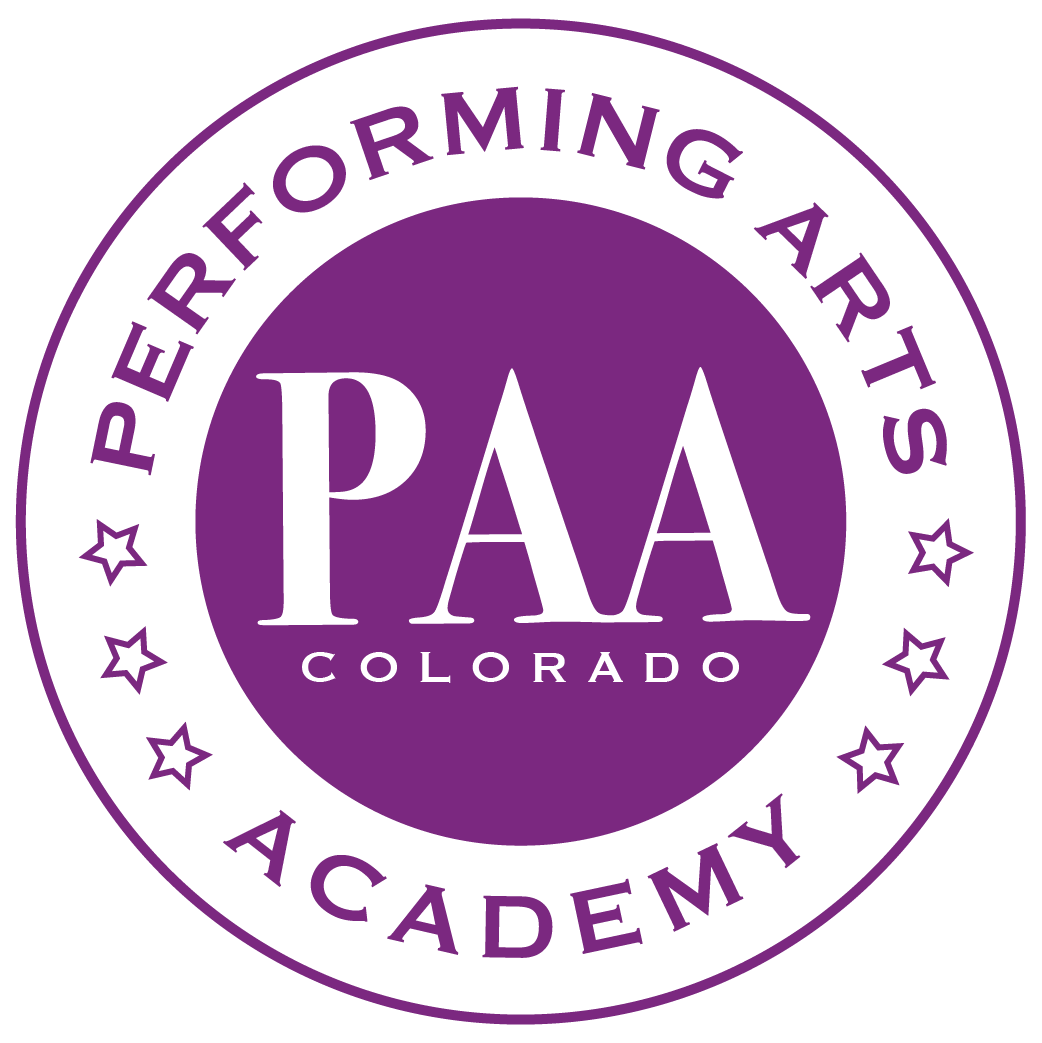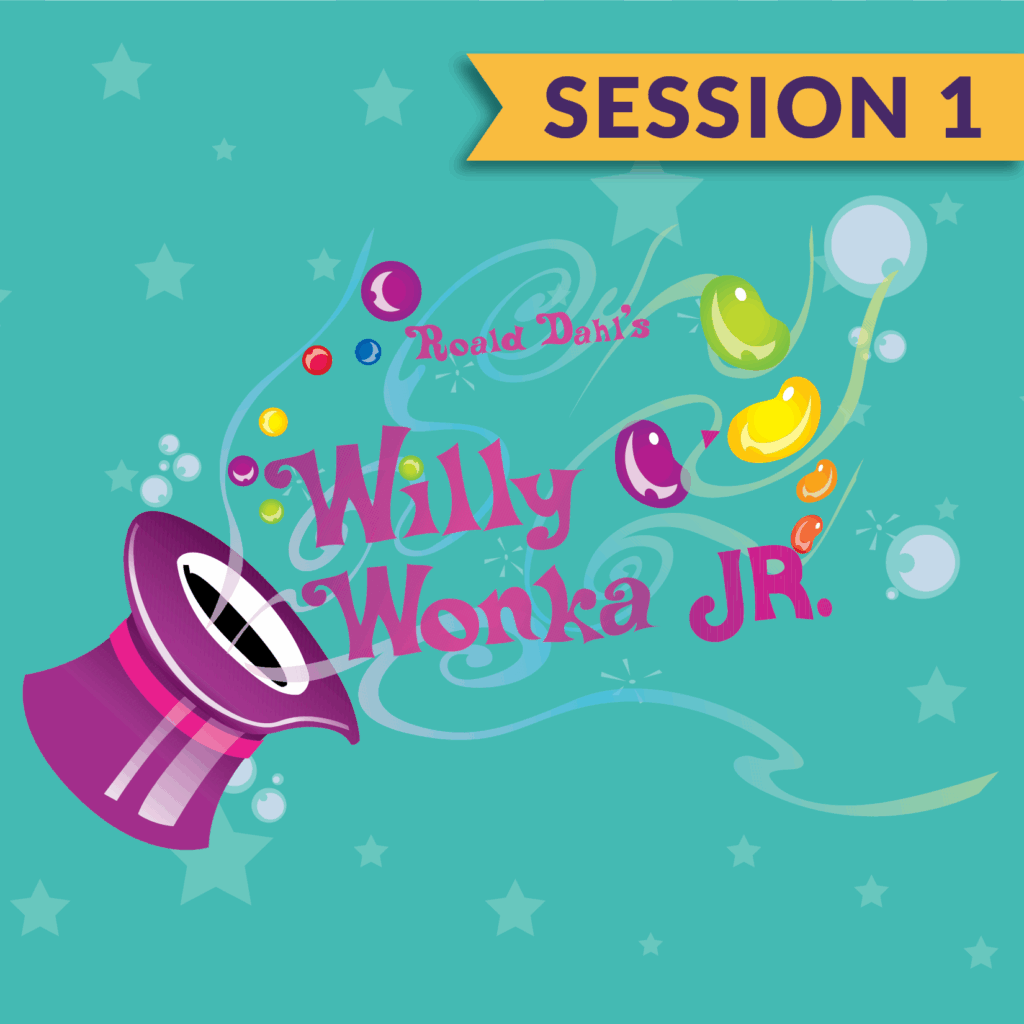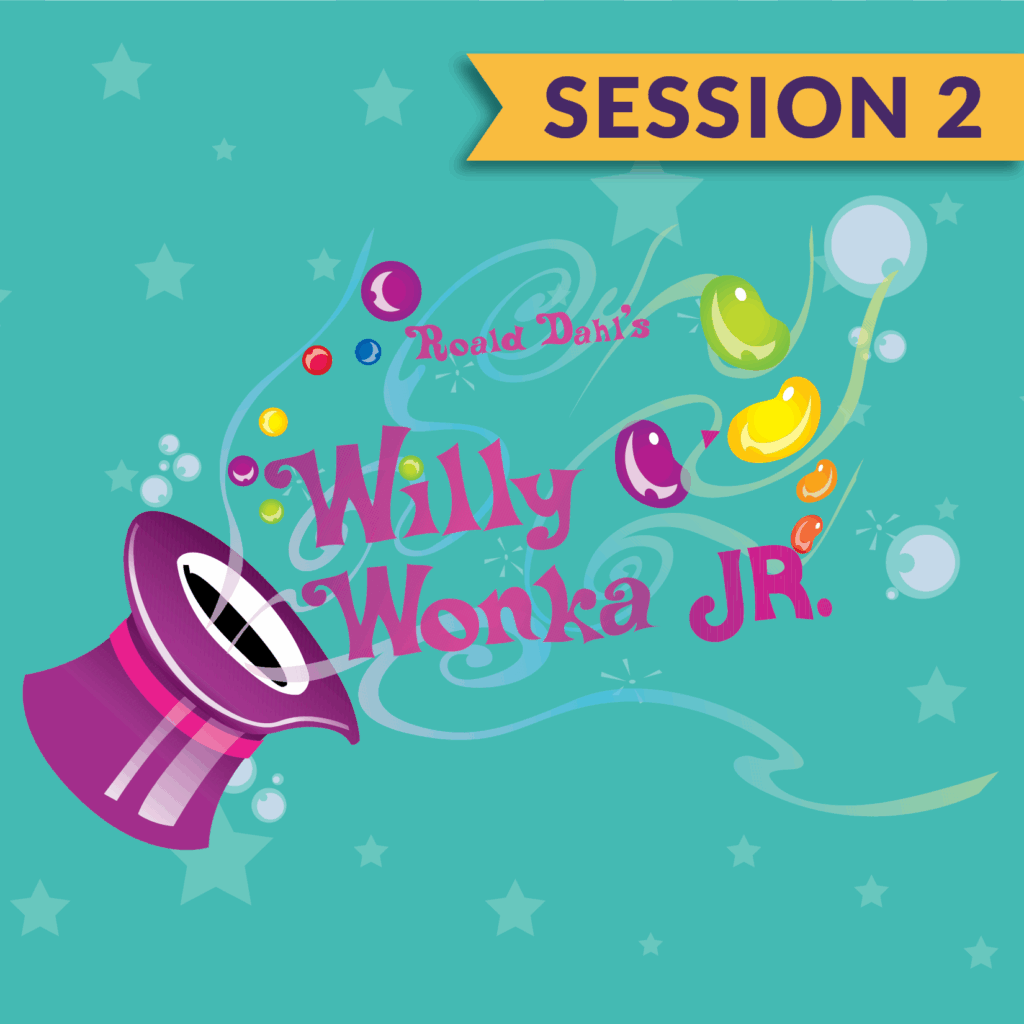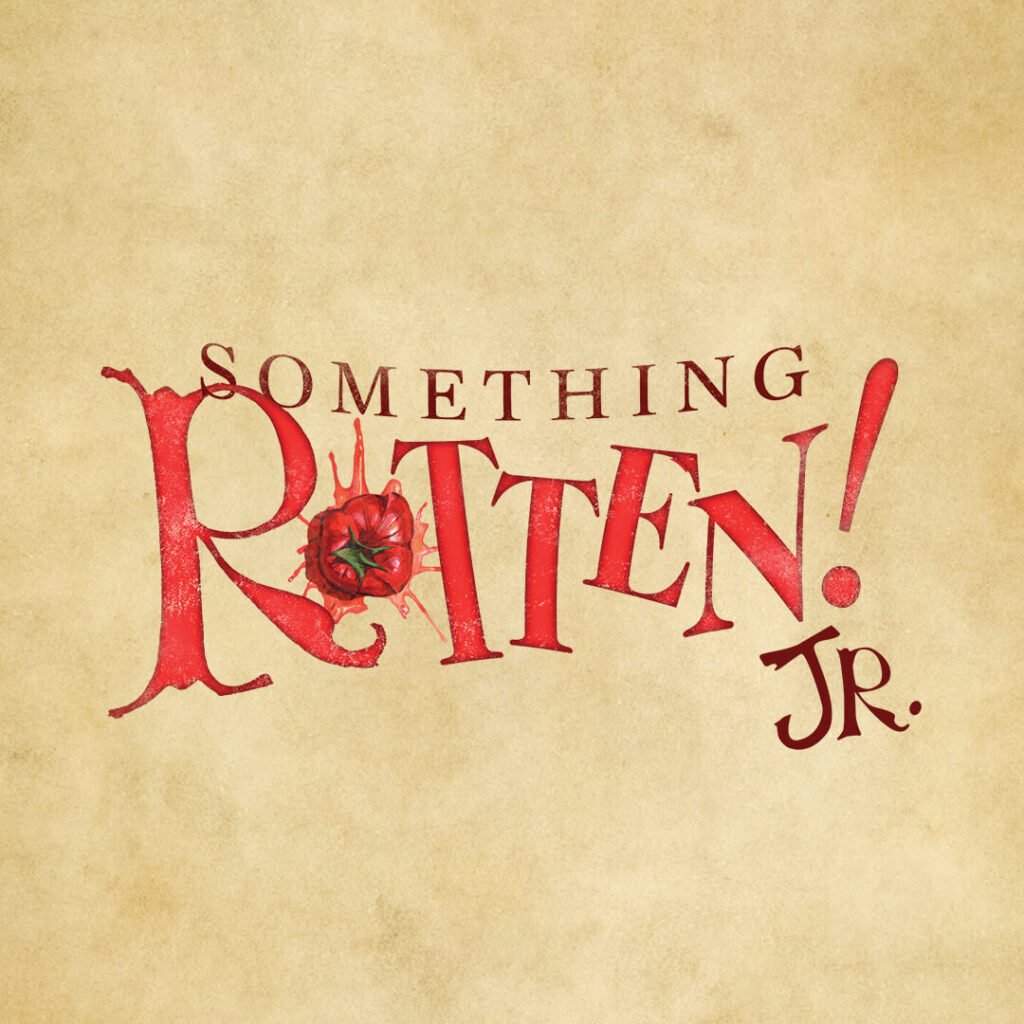PAA- A “Tech” Above the Rest
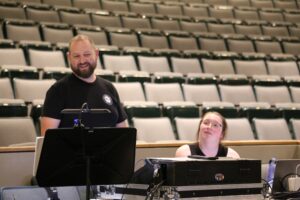
A Behind-the-Curtain Look into PAA’s Expert Tech Team
Our favorite musicals leave us singing memorable melodies and embracing heroes and villains alike. But, we’d be remiss not to recognize the additional elements that enhance these captivating choruses and unforgettable characters.
Technical theater is the hidden element that harmonizes all five of our senses with the show – allowing the on-stage production to tap into our real-life emotions.
“The brilliant thing about technical theater and theater is that both combine the talents and skills of so many different disciplines. It’s a special thing when all of the elements and artistic minds sync up on a production; it turns hard work into art and magic,” shares Resident Technical Director, Adam Lillibridge
Much like our expert costume department and accomplished teaching artists, PAA provides a high-quality technical theater department that serves a dual purpose:
- Enhance the audience’s theatrical experience
- Support opportunities for students to work alongside technical theater professionals
Lillibridge brings 20+ years of technical theater experience to PAA. He shares the backstage scoop on technical theater and how PAA steals the spotlight when it comes to combining professional technical theater with youth theater.
What is Technical Theater?
Technical theater encompasses any element of production that visually or audibly supports a performance on stage. Technical positions range from artisanal to mechanical to operative. The technical requirements for a show vary and depend on the story being told.
Technicians include, but are not limited to: Builders, crafters, designers, electricians, make-up artists, operators, painters, sound engineers, stage managers, stagehands, stitchers, and any other particular skill that can enhance production.
How is PAA Technical Theater Unique?
Technical theater at PAA blends professional technical theater with educational opportunities.
PAA’s technical theater process mimics working on a high-level production, similar to high school programs, while providing students with the opportunity to work alongside professionals.
“PAA continually pushes for the highest quality production, which creates a great environment to learn skills being used in professional theater today.” – Lillibridge
What’s one thing you wish everyone knew about technical theater?
Performers who learn technical theater are always better performers, and technicians who learn performance make better technicians. Theater is a collaborative art form. Cast and crew members collaborate better when everyone understands ALL the elements that go into a successful performance – both on and off stage.
Performers who understand elements such as lighting and sound make more intuitive choices onstage because they understand the technical side of theater.
Build your Tech Skills and check out PAA’s Tech Classes
Who determines the technical aspects of a PAA Show?
PAA’s Technical Director hires a technical team and shares all the possibilities or limitations within the production. Designers and directors collaborate during production meetings and review script interpretations and any particular elements of production that will best serve the story.
What are examples of how technical theater enhances a production?
LED lighting can make a moment on stage emotional and beautiful. A perfectly placed sound effect can capture the humor of a situation. A well-crafted prop or costume can inspire awe on stage.
“PAA owns a wide range of equipment from lights and lighting consoles to sound equipment, and scenic, costume, and props stock. Since PAA often does shows at different venues, we have to have enough equipment to support the quality of production that our audiences have come to expect, no matter where we are.” – Lillibridge
What is the most overlooked piece of equipment in musical theater?
Sound equipment is critical for musicals. Everyone wants to hear a beautiful voice come through the speakers, and everyone dreads the moment a mic doesn’t work. Or worse, when the audience is met with fuzz or piercing feedback from a microphone.
The sound engineer has one of the most stressful jobs in theater, as there is no place to hide when there is bad sound. The audience knows immediately when something goes wrong.
PAA invests in high-quality microphones and a quality sound system to ensure the best experience for the audience and cast members.
Lillibridge adds, “Anything can happen in live theater, and sometimes technology does not play nice, as we have all experienced. We just do our best to mitigate and be prepared for any situation that may come up in the moment.’
What was the most challenging/rewarding technical theater achievement at PAA?
Different productions present different challenges and rewards. We are always growing, learning, and discovering new ways to present shows.
One of our greatest challenges was figuring out a way to offer programming during COVID. Our first challenge was building an outdoor stage behind St. Luke’s church. This was a huge undertaking for our Tech Team.
The second challenge included producing shows outdoors and working with natural elements such as the proper lighting during sunset and adjusting sound engineering to compensate for outside noise/weather.
Our 2020 summer outside was incredibly challenging yet hugely rewarding for our performers and our team.
What advice do you have for PAA Students and Parents?
Getting into technical theater is an incredibly rewarding experience. There is always something new to learn. It is also a great way for working actors to earn extra money while staying in the theater.
PAA offers year-round technical theater camps and classes. Enhance your theater experience and enroll today.
